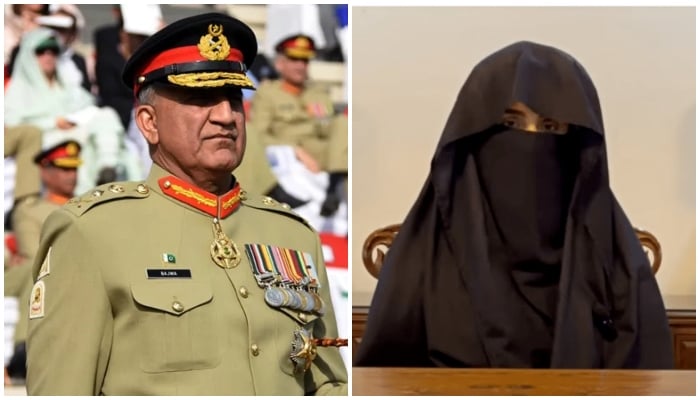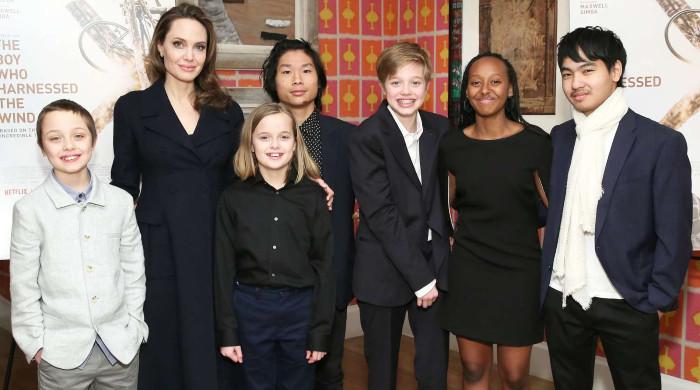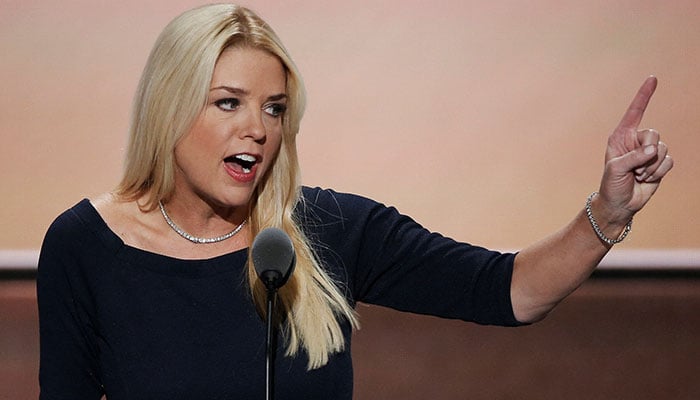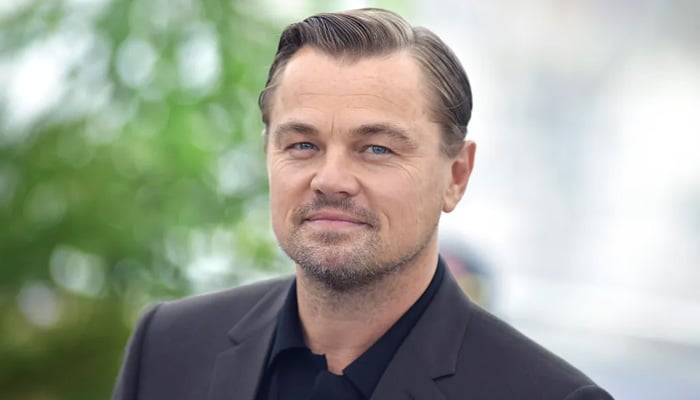

US President Joe Biden used his last address to the UN General Assembly to urge member states to support the expansion of the oft-deadlocked Security Council, saying it needs "new voices."
Addressing fellow global leaders at the UN's New York headquarters, Biden said the council, "like the UN itself, needs to go back to the job of making peace, of brokering deals to end wars and suffering."
"I want to get things done together. In order to do that, we must build a stronger, more effective and more inclusive United Nations," Biden said in his farewell address. "The UN needs to adapt and bring new voices and new perspectives. That's why we support reforming and expanding the membership of the UN Security Council."
The problems have grown increasingly acute in recent years as the Council has been unable to reach a consensus to address the world's most pressing crises. Permanent members, including the US, China and Russia, often use their veto power to block action.
The US has repeatedly done so as the Council has sought to address the humanitarian catastrophe in the besieged Gaza Strip where Israel's war has led to more than 41,000 deaths, widespread hunger and the reemergence of diseases not seen in decades.
Russia and China have separately prevented the Council from addressing matters related to North Korea's nuclear and ballistic missile programs, as well as the Kremlin's war on Ukraine.
Aside from the trio of nations, the UK and France also wield veto power. Many nations agree that the Council needs to be overhauled, but significant differences about how that is to be accomplished have led to a stalemate in the process.
US president continues to warn that globe facing 'inflection point'
As he addressed his counterparts for a final time before departing office in January, the US president said he has "hope" world leaders will be able to find a "way forward" to address the challenges of war, hunger, terrorism and displacement.
"I truly believe we're in another inflection point in world history," said Biden. "The choices we make today will determine our future for decades to come."
Turning to the Kremlin's war on Ukraine, Biden said Russian President Vladimir Putin "has failed" to destroy Ukraine, and instead provided the foundation for NATO to expand and further strengthen the transatlantic alliance.
"But we cannot let up. The world now has another choice to make. Will we sustain our support to help Ukraine win this war and preserve his freedom or walk away, let aggression be renewed and a nation be destroyed?" he asked.
Biden maintained that Washington is ready to cooperate with China "on urgent challenges of the good of our people and the people everywhere," citing cooperation with Beijing on combatting synthetic opioids as evidence of his efforts to "responsibly manage the competition with China."
He maintained, however, that the US "is unabashed, pushing back against unfair economic competition, against military coercion of other nations in the South China Sea and maintaining peace and stability across the Taiwan Straits, protecting our most advanced technologies so they cannot be used against us or any of our partners."
The US is simultaneously working to strengthen its alliances in the Indo-Pacific, Biden said, adding "these partnerships are not against any nation."
He further described them as "building blocks for a free, open, secure and peaceful Indo-Pacific."











